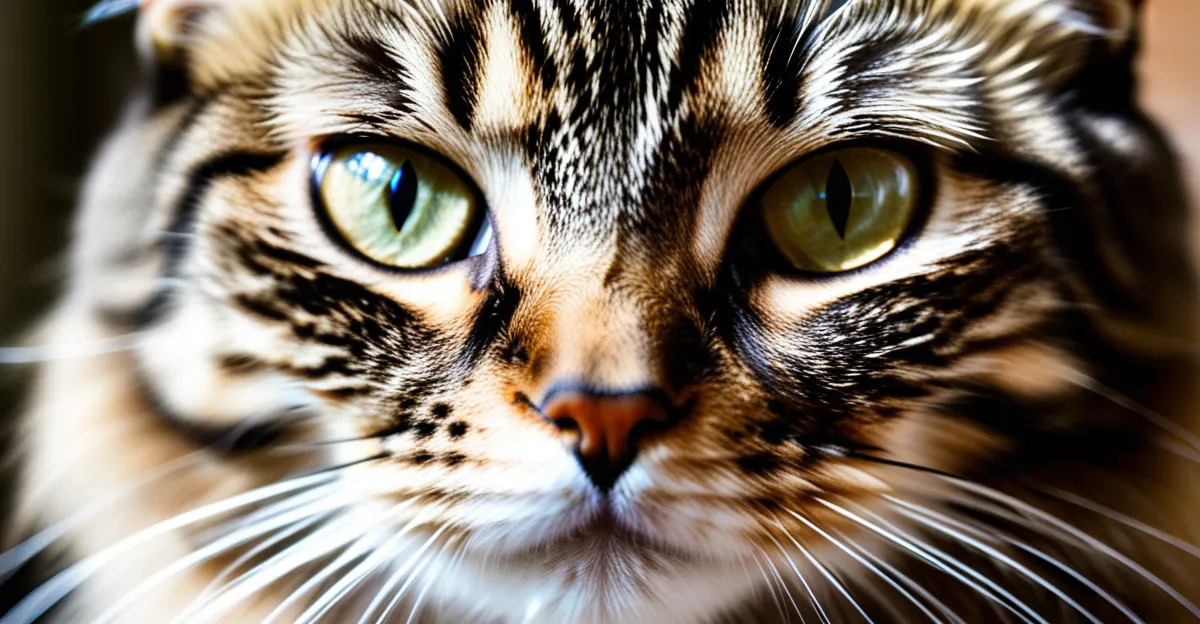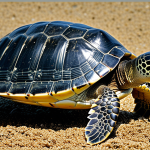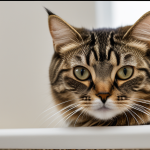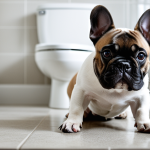Overview of Chronic Kidney Disease in Senior Cats
Chronic Kidney Disease (CKD) is a prevalent issue among senior cats, often leading to progressive health challenges. Understanding the progression and symptoms is pivotal for caregivers. Early signs might include increased thirst, frequent urination, and weight loss. As CKD advances, symptoms can intensify, causing more severe dehydration, lethargy, and even vomiting.
Early diagnosis is crucial to manage CKD effectively. Regular veterinary check-ups are recommended to catch the disease in its initial stages, allowing for timely intervention. Veterinarians usually monitor kidney function and suggest preventative measures or treatments to slow down the disease.
Also to read : Transform Your Garden into a Bat Haven: The Ultimate Guide to Thriving UK Bat Species with Bat Boxes
Untreated CKD can result in significant complications, impacting a senior cat’s quality of life. High blood pressure, anaemia, and a buildup of toxins in the bloodstream are common issues if CKD is left untreated. Therefore, vigilant monitoring and swift action are essential.
Implementing preventative strategies and being aware of CKD symptoms ensure senior cats receive the care they need. This proactive approach can mitigate the condition’s impact, enhancing your feline friend’s comfort and lifespan. Regularly consulting with a veterinarian and adhering to recommended care practices can safeguard your senior cat against the severe repercussions of untreated CKD.
Topic to read : Definitive Pet Safety and Serenity Handbook for Guy Fawkes Night Fireworks
Innovative Treatment Options for CKD
With the advent of veterinary innovations, there are more sophisticated options for managing CKD in senior cats. Among these, recent advancements in pharmaceuticals play a crucial role. Medicines specifically targeting kidney function can slow CKD progression, reducing symptom severity. These treatments help maintain cats’ quality of life, lessening the harsh impact CKD often has.
Equally vital is the use of renal diets and nutritional supplements. Tailored diets, low in phosphorus and moderate in protein, support kidney health and manage waste buildup. Nutritional supplements can fill dietary gaps, ensuring essential nutrients are adequately absorbed by your feline friend.
Innovative technologies, such as fluid therapy and dialysis, also offer hope. Fluid therapy combats dehydration, a common CKD ailment, by delivering vital fluids directly into the bloodstream. In more advanced cases, dialysis can remove toxins ordinarily filtered by the kidneys, though it’s sparingly used due to cost and access.
Collectively, these treatment options form a multi-faceted approach to care, providing veterinarians and pet owners with a toolkit of effective strategies. Continued research and development promise even more transformative solutions for tackling this complex disease in the future.
Dietary Recommendations for Optimal Kidney Health
Understanding the connection between diet and kidney health in senior cats is pivotal. A well-thought-out renal diet can significantly mitigate the impacts of Chronic Kidney Disease (CKD), offering your feline friend a better quality of life.
Importance of Protein Management
Managing protein intake is crucial. While protein is vital for everyday health, excessive amounts can strain a cat’s kidneys. Renal diets often include high-quality, reduced-protein foods to ease kidney function while still providing essential nutrients. Pet owners should consult veterinarians to tailor a diet suitable for their cat’s specific needs.
Hydration Strategies
Proper hydration is crucial for managing CKD. Encourage your cat to drink more by providing fresh, clean water daily and considering wet food, which contains higher moisture content. Water fountains can also entice cats to drink more, helping to maintain hydration.
Avoiding Harmful Foods
Certain foods can hasten CKD progression, like those high in phosphorus and sodium. It’s essential to avoid them, as they can exacerbate kidney issues. Nutritional balance plays a key role in maintaining kidney health, and veterinary guidance can ensure that harmful ingredients are avoided. Selecting foods specifically formulated for CKD is advisable, ensuring they meet these crucial dietary guidelines.
Case Studies and Success Stories
Chronic Kidney Disease (CKD) management has seen numerous success stories, highlighting effective strategies for senior cat care. Real-life examples underscore the importance of tailored treatment plans, showcasing how personalised approaches can significantly impact outcomes. One noted case involved a senior cat with advanced CKD who benefited from a combination of pharmaceutical treatments and a renal diet. Over time, the cat’s symptoms improved, demonstrating reduced progression of the disease.
Expert insights draw attention to best practices, such as frequent monitoring and adjustments in care protocols. This meticulous approach ensures each feline’s unique needs are met, offering the best chance for improved health and longevity. As seen in documented cases, monitoring involves regular check-ups and utilising laboratory tests to assess kidney function continuously.
Moreover, the importance of individual care plans cannot be overstated. Veterinary researchers emphasize that what works for one cat may not work for another, underscoring the necessity for a bespoke approach. Collaboration with veterinarians helps form these plans, aligning treatments with the cat’s specific medical history and lifestyle. Such personalised care fosters an environment conducive to managing CKD effectively, giving senior cats a better quality of life.
Expert Opinions and Insights
Delving into expert insights provides invaluable guidance for managing Chronic Kidney Disease (CKD) in senior cats. Veterinarians, pet nutritionists, and feline medicine researchers offer diverse perspectives that enhance CKD management strategies.
Interviews with Veterinarians
Veterinarians underscore the importance of routine veterinary check-ups. These professionals emphasise early detection, which allows for timely intervention and more effective CKD management. They suggest custom treatment plans tailored to a cat’s unique medical history and CKD progression.
Perspectives from Pet Nutritionists
Pet nutritionists advocate for renal diets prioritising nutritional balance. They highlight the significance of avoiding excessive phosphorus, sodium, and improperly managed protein levels. Offering tailored dietary advice, nutritionists ensure diets align with each cat’s specific CKD needs, contributing significantly to improved feline health.
Researchers in Feline Medicine
Researchers focus on advancing CKD therapies, exploring innovative treatments and technologies. The latest findings support developments in pharmaceuticals and fluid therapies, providing new avenues for CKD management. Researchers endorse a comprehensive approach, integrating emerging therapies with established practices for optimal outcomes.
Engaging with these experts empowers caregivers, promoting informed decisions and enhancing senior cat care. Understanding their perspectives offers a roadmap for navigating CKD challenges, ultimately improving the quality of life for senior cats.
Practical Tips for Caregivers
Managing CKD in cats requires consistent care and attention, aimed at prolonging a senior cat’s lifespan and enhancing their comfort. As a caregiver, embedding effective daily care practices into your routine is essential. Daily management includes ensuring a stable environment, preparing specialised renal diets, and maintaining hydration strategies. Always provide fresh, clean water and encourage fluid intake to help alleviate CKD symptoms.
Creating a supportive home environment is also crucial for fostering wellbeing in senior cats with CKD. Incorporate comfortable sleeping areas and easy access to litter boxes. Minimise stress by maintaining a routine your cat recognises and feels secure in. These efforts contribute significantly to their overall health.
Recognising the need to seek additional veterinary advice is vital. Monitor your cat’s health closely and consult veterinarians when you observe changes in behaviour or symptoms. Veterinarians can offer updated insights and recommendations tailored to your cat’s evolving needs. Engage with veterinary experts regularly through scheduled check-ups and consultations.
By following these strategies, caregivers can effectively manage CKD in their feline companions, providing them with the best possible quality of life.
Resources for Further Support
Navigating Chronic Kidney Disease (CKD) in senior cats can be challenging, but a wealth of resources can provide support and guidance. Engaging with these resources equips pet owners with the knowledge needed to manage this complex condition effectively.
Online Support Groups
Connecting with online communities dedicated to CKD in cats can be immensely helpful. These online support groups offer platforms for sharing experiences, tips, and encouragement. They facilitate interaction with a network of individuals facing similar challenges, enabling the exchange of practical advice and emotional support.
Recommended Reading
Delve into books and articles to gain a deeper understanding of CKD management. Recommended reading includes scientific papers, veterinary guides, and literature focused specifically on feline CKD. These texts provide valuable insights into the latest research, dietary recommendations, and innovative treatment options.
Veterinary Resources
Utilise veterinary resources for professional guidance on CKD care. Consult veterinary guidelines and studies that detail effective management strategies and emerging therapies. These resources ensure that pet owners stay informed about the best practices and innovations in CKD treatment.
By leveraging these varied resources, caregivers can significantly enhance their ability to provide comprehensive and informed care for their senior cats with CKD.










